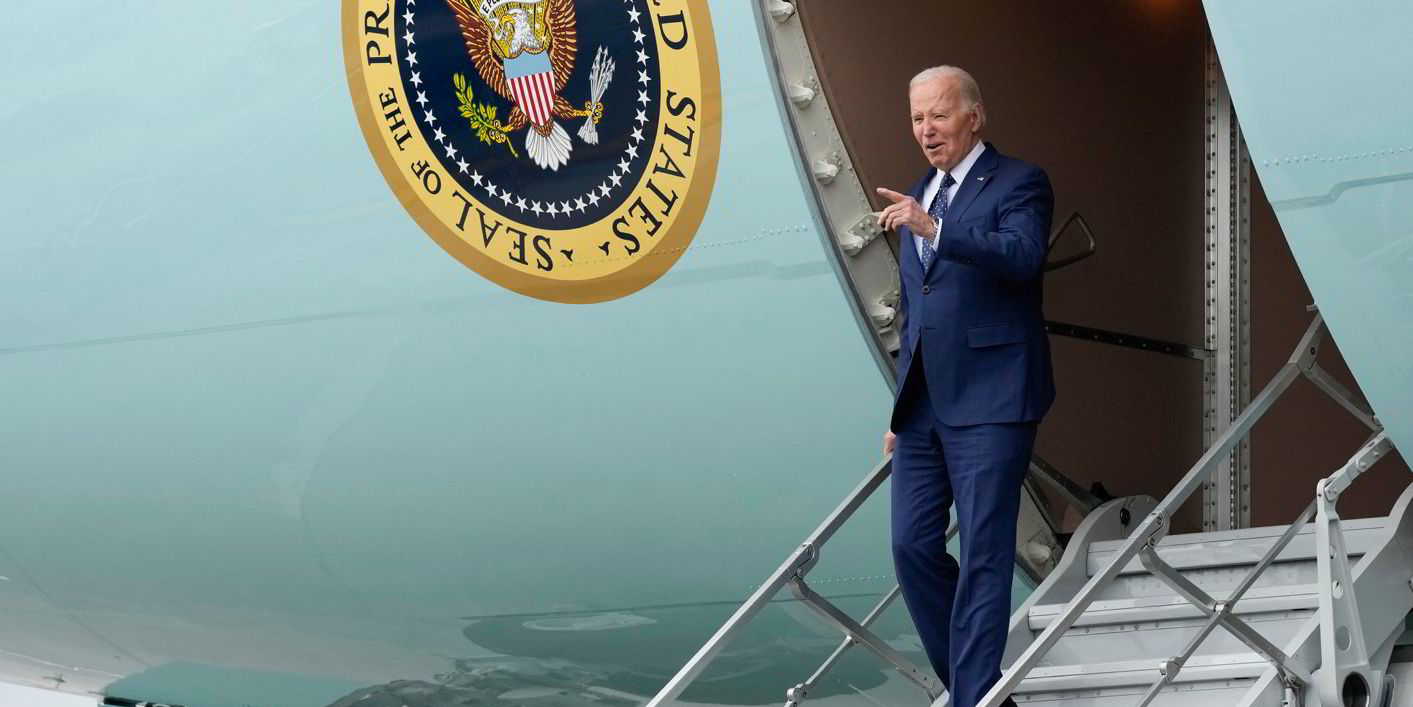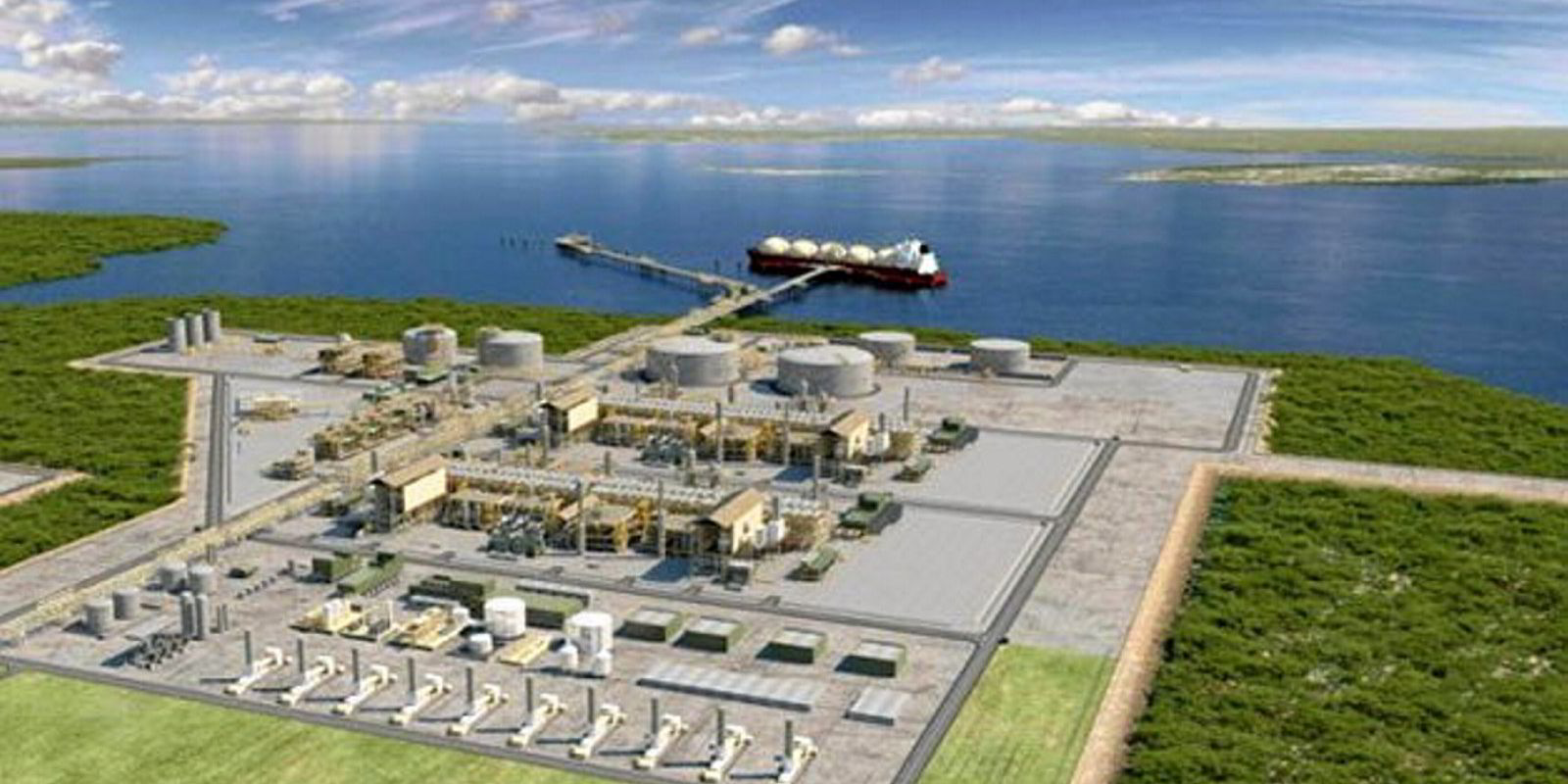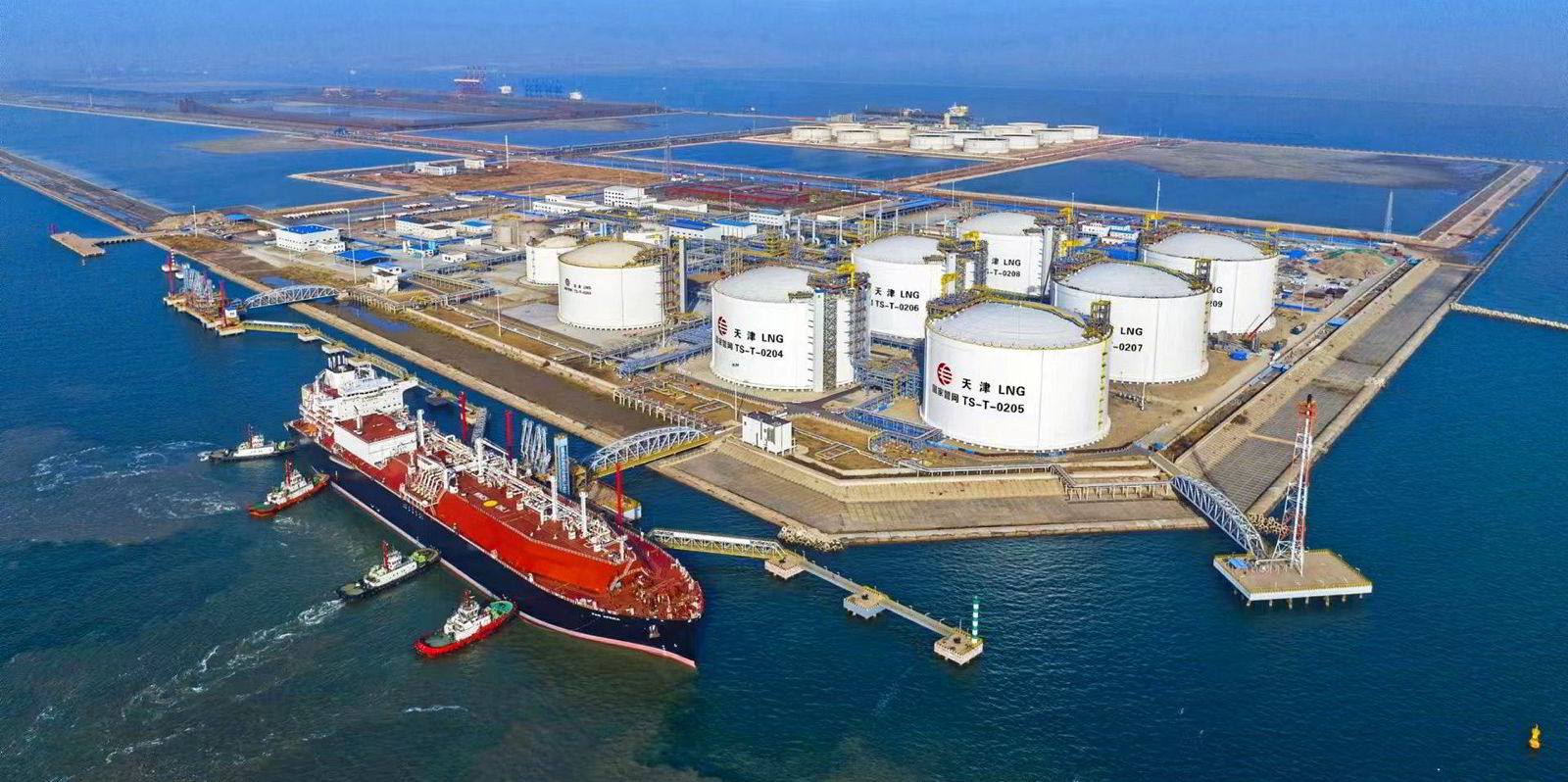January’s decision by US President Joe Biden’s administration to put a hold on approvals for new LNG projects will have a “significant impact” on LNG markets post-2027, according to US broker and consultant Poten & Partners.
On a webinar, Poten global head of business intelligence Jason Feer said the US Department of Energy’s pause on LNG export project permitting will create a “major problem” that will hit most liquefaction under development.
He said most new LNG projects will be delayed by at least one year or possibly two to three.
“We think it is going to have a significant impact on LNG markets post 2027-2028,” Feer said, explaining that a large build-out of new liquefaction had been anticipated in a second wave of upcoming projects that had been scheduled to come onstream this decade.
In January, the US said the Energy Department would conduct a review that will look at the economic and environmental impacts of projects seeking approval to export LNG to Europe and Asia — so-called non-free trade agreement export permits — without giving a timeline for the process.
Biden said: “During this period, we will take a hard look at the impacts of LNG exports on energy costs, America’s energy security, and our environment.”
Outlining three scenarios, Feer said a delay of a couple of years to projects in the pipeline will provide enough LNG supply but create a tighter-than-expected market and no real surpluses of LNG until post-2030.
If the pause persists, then this will open the door to additional international projects such as those in Qatar, Mozambique and other jurisdictions like Papua New Guinea, Egypt and Israel.
“There are options for offtakers if the US is closed for business for a protracted period of time,” he said.
But the LNG might not be as cheap and be produced in countries less stable than the US.
Feer described the surge in new LNG project contracting as having been “squelched” by the Biden administration’s January decision.
He said the move — which is widely considered to be political in a bid to bolster support from young and environmentally aware voters — is adding to uncertainty in that there is no timeline for when the Energy Department might resume permitting, making it difficult for projects to secure LNG offtakers and finance.
The Poten intelligence chief said that even the developers of the 100m tonnes of new annual US LNG export capacity under construction could be bumping into deadline issues.

For fully permitted LNG projects where developers have not yet taken final investment decisions, he said that meeting permitting deadlines could be very difficult if construction has not started as they need to export a cargo or risk needing to seek a permit extension from the Energy Department.
But he said developers are likely to “move heaven and earth” to get the first shipment out.
The Energy Department is not even looking at LNG projects with no non-free trade agreement permits.
Feer said that even if the US lifts its ban, the agency is likely to be facing a “real traffic jam”, which will push the delay to projects out beyond a year.
He held out little hope for a recent bill introduced in the US to overturn the Energy Department’s authority on project permitting.
Feer said Poten is often asked if the situation could change dramatically if the Republican party wins this year’s US November elections. But he said that while they would seek to expedite liquefaction developments, project opponents will likely launch court battles leading to further delays.
Despite the uncertainties, Feer said there still will be abundant LNG supply coming onstream in the next few years, with over 150m tonnes of new annual capacity expected worldwide.






